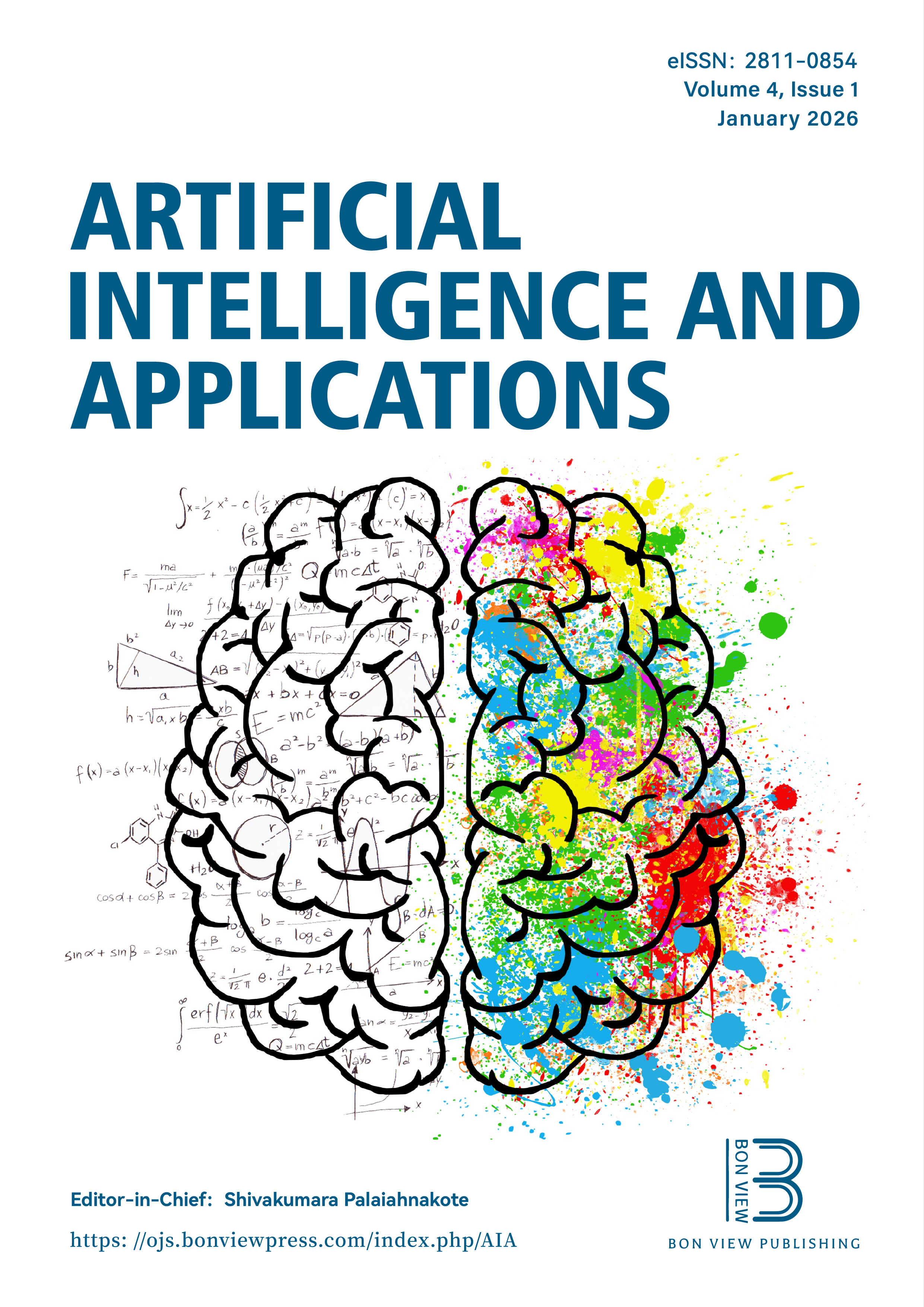Artificial Intelligence in Research: Benefits, Challenges, and Strategies for Implementing AI Tools in Research in Afghanistan
DOI:
https://doi.org/10.47852/bonviewAIA52024855Keywords:
artificial intelligence, benefits, challenges, AI tools in research, implementing AI, research infrastructure, ChatGPTAbstract
This study aims to evaluate the benefits and challenges of integrating artificial intelligence (AI) into research within Afghanistan and to propose practical strategies for the effective adoption of these technologies to advance and enrich the research landscape. The primary objective is to explore the advantages and drawbacks of using AI tools in research from the perspective of researchers, assess the prevalence and extent of their usage, and outline actionable strategies for their optimal application to enhance the quality, efficiency, and impact of research. An online survey was conducted among 190 university professors and other researchers across the country, then the data was analyzed with SPSS (Statistical Package for the Social Sciences) and MS Excel software tools. The survey results showed that 62.6% of participants use AI tools in their research, while the rest do not. The main reasons for non-use were concerns about data privacy, limited familiarity with these tools among researchers, and the high cost of the tools. The analysis indicates that 36% of the researchers use ChatGPT, a general AI tool, in their research. It also shows that researchers aged 41 years or older use AI tools less in their research compared to younger researchers. High-speed data analysis, time saving, easy access to multiple information sources, and facilitating collaboration between researchers are the key benefits of AI tools in research. However, they also present challenges such as a high learning curve, concerns about data accuracy, poor integration with existing research systems, and overreliance on technology. Strategies that more than 50% of respondents identified as effective include: organizing seminars for researchers on AI, publishing in national languages, conducting public awareness campaigns, adding AI and machine learning (ML) to the curricula of some related fields, and encouraging scholars to conduct research and use AI in their work.
Received: 20 November 2024 | Revised: 28 May 2025 | Accepted: 26 August 2025
Conflicts of Interest
The authors declare that they have no conflicts of interest to this work.
Data Availability Statement
The data that support the findings of this study are openly available in Figshare at https://doi.org/10.6084/m9.figshare.28892885.
Author Contribution Statement
Wahidullah Zgham: Conceptualization, Methodology, Software, Validation, Formal analysis, Investigation, Data curation, Writing – original draft, Writing – review & editing, Visualization, Supervision, Project administration. Massoud Danishmal: Software, Validation, Resources. Mohammad Hamed Haidary: Software, Validation, Resources.
Downloads
Published
Issue
Section
License
Copyright (c) 2025 Authors

This work is licensed under a Creative Commons Attribution 4.0 International License.


